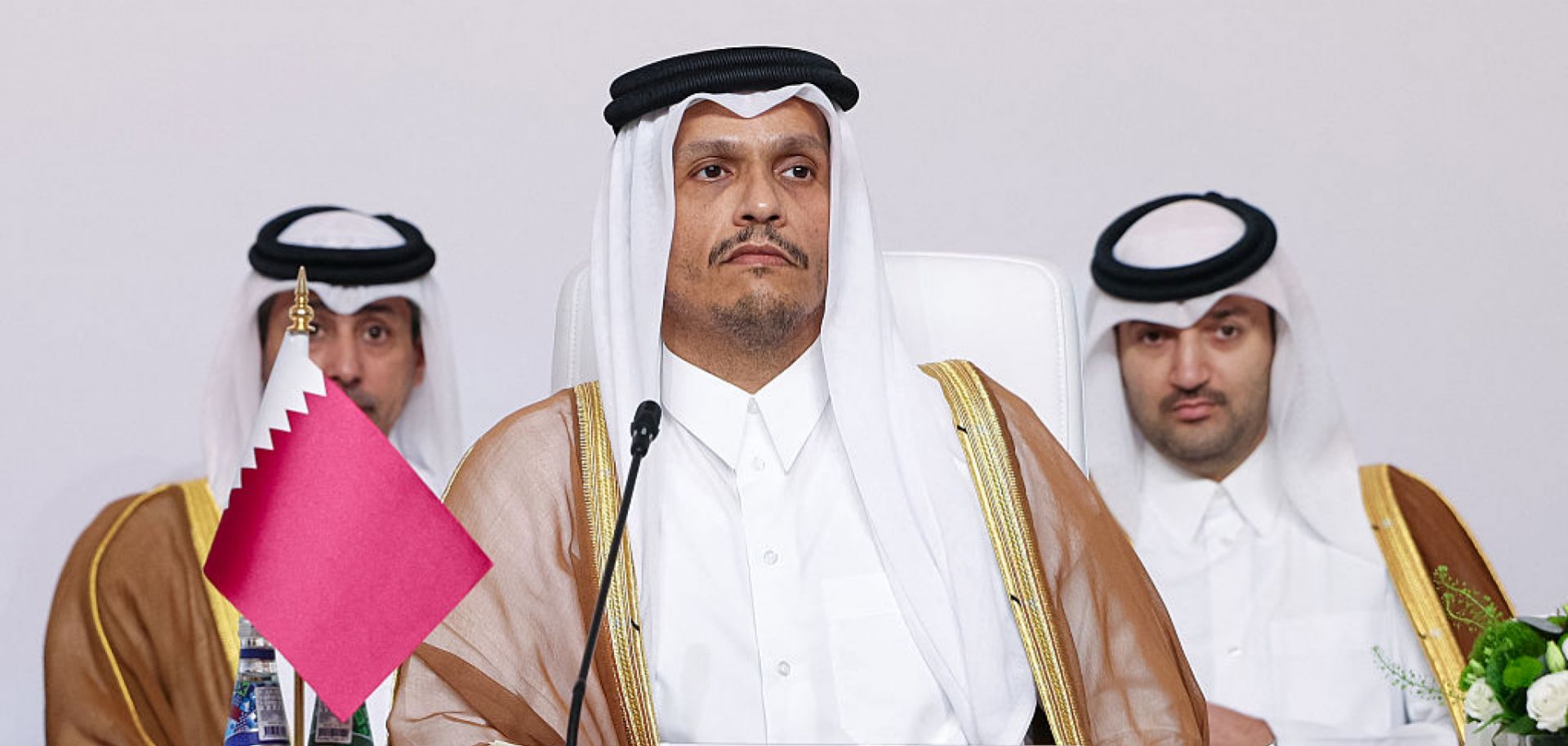Israel's Sept. 9 attack on Qatar will spur unified rhetoric among Gulf Cooperation Council (GCC) countries but is unlikely to produce real defense cooperation. It will also curb prospects for Saudi-Israel normalization and a regional missile shield and prompt GCC states to diversify their weapons systems, though they will remain heavily reliant on the United States. On Sept. 14 and 15, Qatar hosted an emergency Arab-Islamic summit to discuss Israel's Sept. 9 attack on Hamas leadership in Doha. At the summit, the GCC members pledged to "activate a joint defense mechanism." The GCC's Unified Military Command is expected to convene soon in Doha to plan to enhance the GCC's deterrent capabilities. While the specifics of the joint defense mechanism are unclear, the GCC's stated stance is that an attack on one member is an attack on the broader GCC. The summit also produced a joint statement condemning the Israeli attack...

